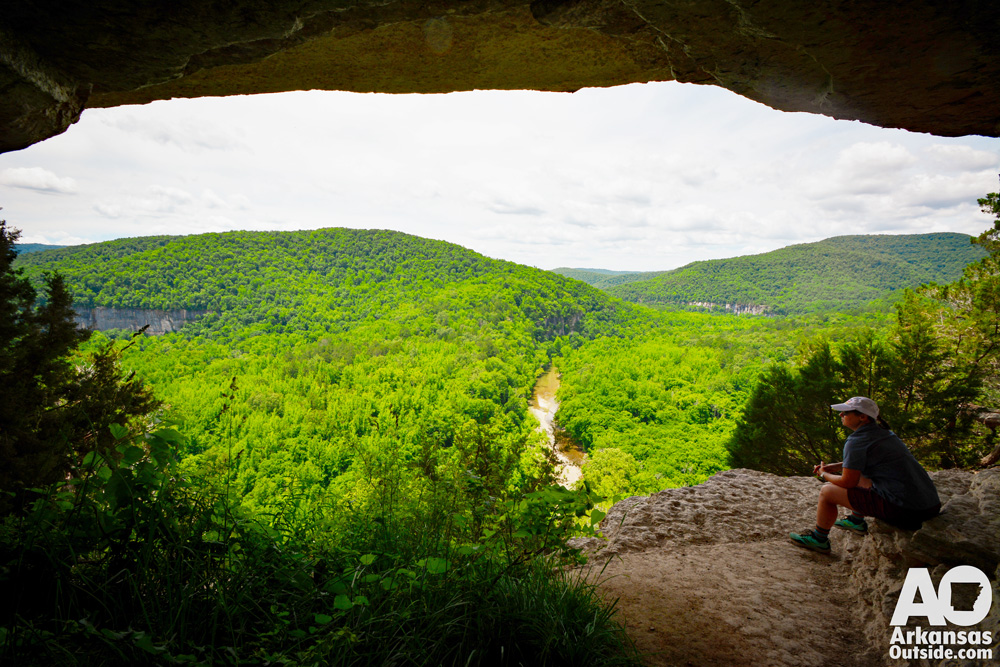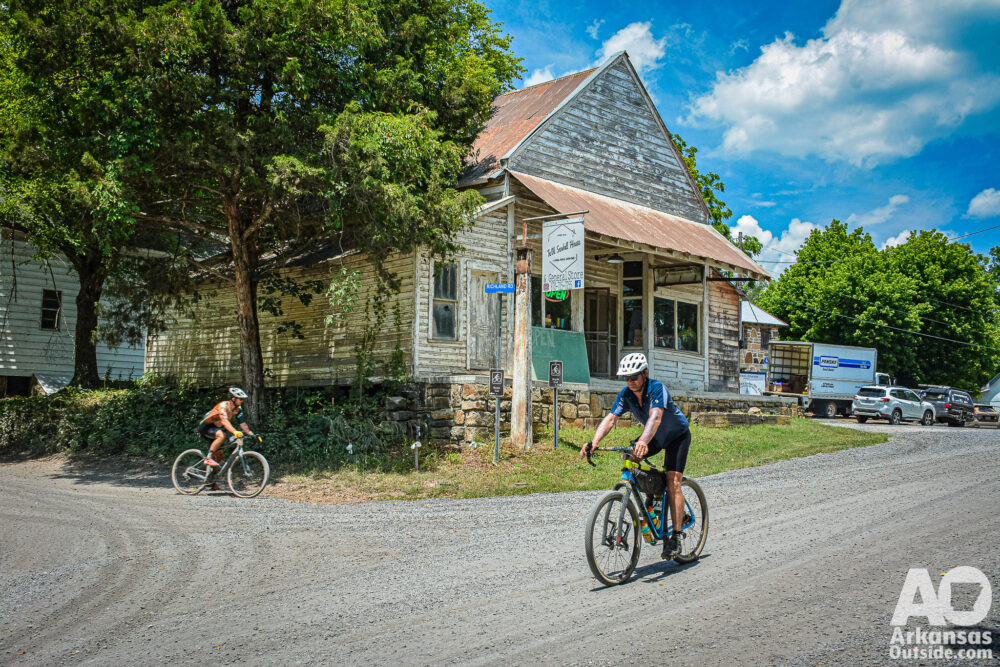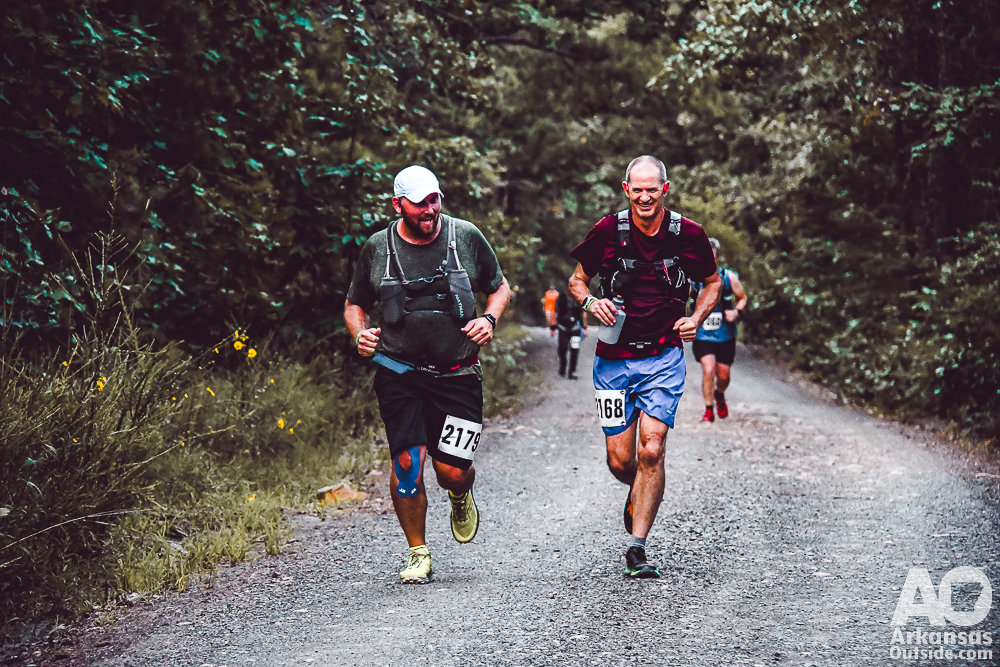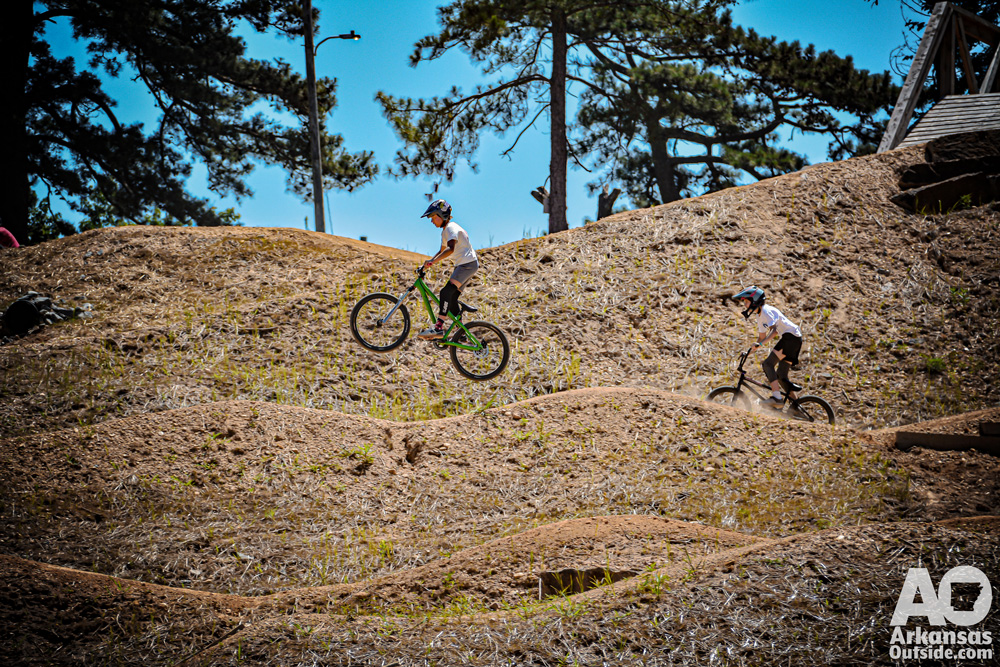LITTLE ROCK, Ark. — Outdoor recreation in Arkansas isn’t just a pastime — it’s a powerhouse. A new report commissioned by the Arkansas Office of Outdoor Recreation and compiled by Heartland Forward details the growing economic might of the state’s outdoor sector, which contributed $7.3 billion to Arkansas’s GDP in 2023 and supported over 68,000 jobs.
The comprehensive report combines federal data from the Bureau of Economic Analysis with a new regional dataset developed by ARData and researchers, providing a first-of-its-kind look into the sector’s full statewide and local impacts.
“Arkansas’s outdoor recreation economy continues to evolve, from building world-class trails to manufacturing duck boats and lures for the global market,” said Katherine Andrews, director of the state’s Office of Outdoor Recreation.

Economic Growth Driven by Innovation
The report underscores that Arkansas’s outdoor economy now outpaces national growth trends. The state experienced a 33% increase in outdoor-related GDP between 2019 and 2023 — led by trail building, hunting amenities, and cycling infrastructure.
In 2023 alone, outdoor recreation directly contributed $4.5 billion to the state economy and supported 40,986 jobs. Factoring in indirect and induced impacts, the total rose to 68,431 jobs and $7.3 billion added to GDP:
Outdoor product manufacturing — from boats to lures to hunting gear — proved a key asset. With an average wage of $84,600, outdoor manufacturing jobs pay 20% more than the state average. Yet the sector is facing some headwinds in 2024, with recent layoffs in companies like Batesville’s Intimidator Group.
Regional Differences Highlight Opportunities
The Northwest region — including Benton and Washington Counties — leads the state in outdoor employment, accounting for 8,315 jobs in 2024. The Little Rock area followed with 5,368, and West Central, home to Hot Springs and Petit Jean, employed 4,478.
When adjusted for regional workforce size, the West Central area had the highest outdoor job concentration: 4.2% of all its jobs were tied to outdoor businesses.
In contrast, the Eastern and Southeast regions — despite rich hunting and boating legacies — lag behind. The report suggests these regions could tap into their cultural and ecological uniqueness (like the Delta Heritage Trail and Lake Chicot) to grow more robust outdoor economies.

A Call to Action
While the report celebrates Arkansas’s recent gains, it also flags underdeveloped areas. Notably, Arkansas ranks just 31st in outdoor product transportation and warehousing — a surprising gap given the state’s strength in logistics. Addressing this could unlock high-paying jobs and industry growth.
The Office of Outdoor Recreation plans to use this data to steer future policy, funding, and partnerships. Investments in workforce training, innovation programs, and trail infrastructure remain key.
“Outdoor recreation is more than play — it’s economic strategy,” the report concludes.
As Arkansas seeks to cement its reputation as a national outdoor leader, the state’s blend of natural resources, skilled workforce, and entrepreneurial spirit may be its strongest trail to follow.
The full report can be found at the Arkansas Department of Park, Heritage and Tourism website.

This article was originally published on ArkansasOutside.com, your trusted source for outdoor news and updates in The Natural State. Unless otherwise credited, all photos included in this piece are the property of Arkansas Outside, LLC. We take pride in sharing the beauty and adventures of Arkansas through our lens—thank you for supporting our work!






